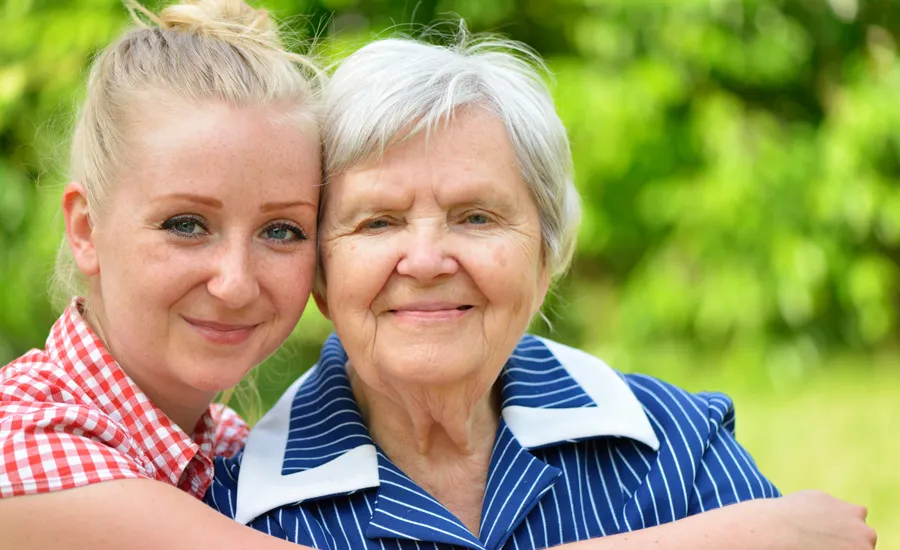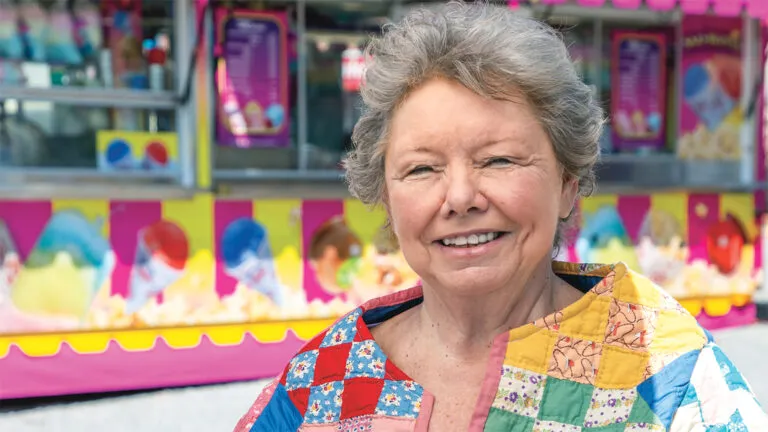Remaining socially and mentally engaged has alleviated her husband Bob’s symptoms of Alzheimer’s disease, Luanne Bole-Becker says. She’s onto something. Research has shown that talking to people with dementia about their lives creates positive emotions, reduces stress and improves their quality of life.
A wonderful way to connect with your loved ones is by capturing and preserving their memories. Here are tips from the experts at Home Instead Senior Care on how to make it a fulfilling experience for everyone involved:
Ask open-ended questions. Dementias typically erode short-term memory first, so it’s often rewarding to recall events from further in the past. Try questions like “What did you do for fun when you were little?” or “What was your favorite job?” Work up to deeper questions like “What are you most grateful for?” or “How would you like to be remembered?”
For more ideas, search conversation starters at caregiverstress.com or go to storycorps.org.
Listen patiently. Your family member might struggle for words. Keep listening for as long as they want to share. Let their reactions guide you. If they’re eager to talk, ask for more details. If there’s something they can’t remember or don’t want to get into, move on.
Use photos, music, objects and scents. Of all the senses, smell has the most direct connection to the parts of the brain where memories are stored. Aromas can unlock rich memories even when verbal and visual cues fail. Flowers, a campfire, sawdust, cookies baking, pine…any scents that are significant to your loved one can work.
Create a memory box. The sense of touch stimulates memories. What items hold special meaning for your family member? Some ideas: a military medal, trip souvenirs, gardening gloves, seashells, jewelry. Collect the items in one place so they’re easy to pull out when needed.
Be ready to capture reminiscences at family gatherings. Keep a video camera, a voice-recording app on your phone, a laptop, or a journal and pen handy.
Integrate memory gathering into daily activities. At mealtime, talk about favorite recipes and the stories that go with them. Ask about pictures and keepsakes while you’re cleaning. Something on TV might trigger a recollection.
For free training for family caregivers, including local workshops, online classes and videos, visit HelpforAlzheimersFamilies.com.





